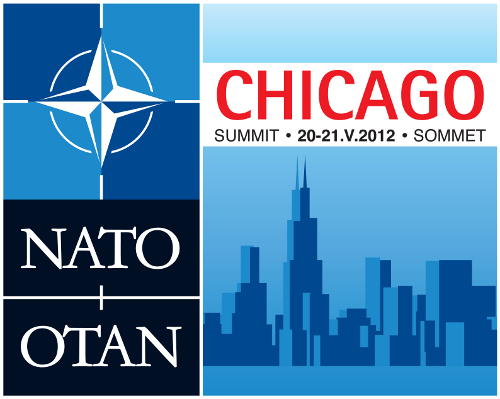
From Franklin D. Kramer and Jordan Becker, the New Atlanticist: Smart defense requires prioritization and cooperation, and investing in capacity and interoperability among NATO’s Special Operations Forces (SOF) will have outsized returns. U.S. ambassador to NATO Ivo Daalder echoed Zbigniew Brzezinski’s insights when he told the Chicago Council on Global Affairs that NATO is “increasingly seen as the hub of a global network of security.” There is no more efficient way to put Daalder and Brzezinski’s ideas into action in a time of austerity than by leveraging existing SOF capabilities within NATO.
Cooperation in Afghanistan has allowed allied SOF to gain valuable experience operating together, and NATO Special Operations Headquarters is an optimal platform for alliance members to continue cooperating in a cost-effective manner. This cooperation should be intensified and institutionalized. While conventional forces of member states often remain at home in the absence of major conflict, SOF are constantly deployed worldwide, generally in support of indigenous regional partners. While “out-of-area” major combat operations may be less likely going forward, SOF will continue to operate globally, and doing so in partnership through a NATO headquarters will help NATO maintain the gains in interoperability acquired over the last decade.
SOF are also particularly skilled and experienced in integrating force enablers, another aspect of Smart Defense. The idea of two or more NATO-member SOF elements training together—for example on the use of unmanned aerial vehicles or operating in concert alongside local partners outside the territory of NATO member states—epitomizes the ideas behind smart defense.
SOF is also an extremely cost-effective force multiplier that can help ensure NATO’s ability to shape and influence the strategic environment in an age of austerity. Indicative of this cost effectiveness, the 2013 U.S. Special Operations Command (SOCOM) budget request is 1.7 percent of the overall proposed U.S. Department of Defense budget. Even accounting for the cost of the enablers SOF is so adept at leveraging, SOCOM represents less than 4 percent of DoD’s total 2013 budget. Focusing NATO nations’ resources on SOF would generate a valuable increase in capabilities that would be affordable even within austere budgets.
Franklin D. Kramer is a former assistant secretary of defense for international-security affairs and a distinguished fellow at the Atlantic Council. Jordan Becker is a major in the United States Army and a member of the Atlantic Council’s Young Atlanticist working group. The views expressed in this article are theirs alone. This article was featured in The National Interest and is part of a series of New Atlanticist pieces on NATO’s 2012 Chicago Summit.
Image: NATO-Chicago-Summit-Logo.jpg
